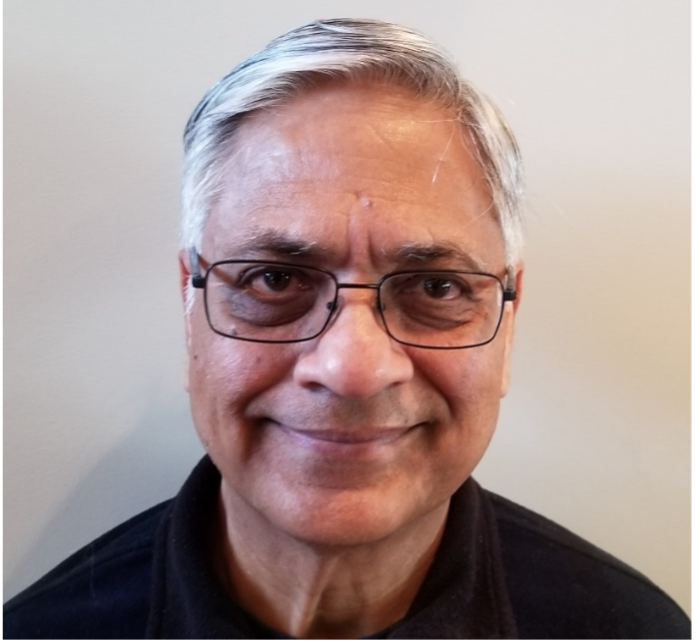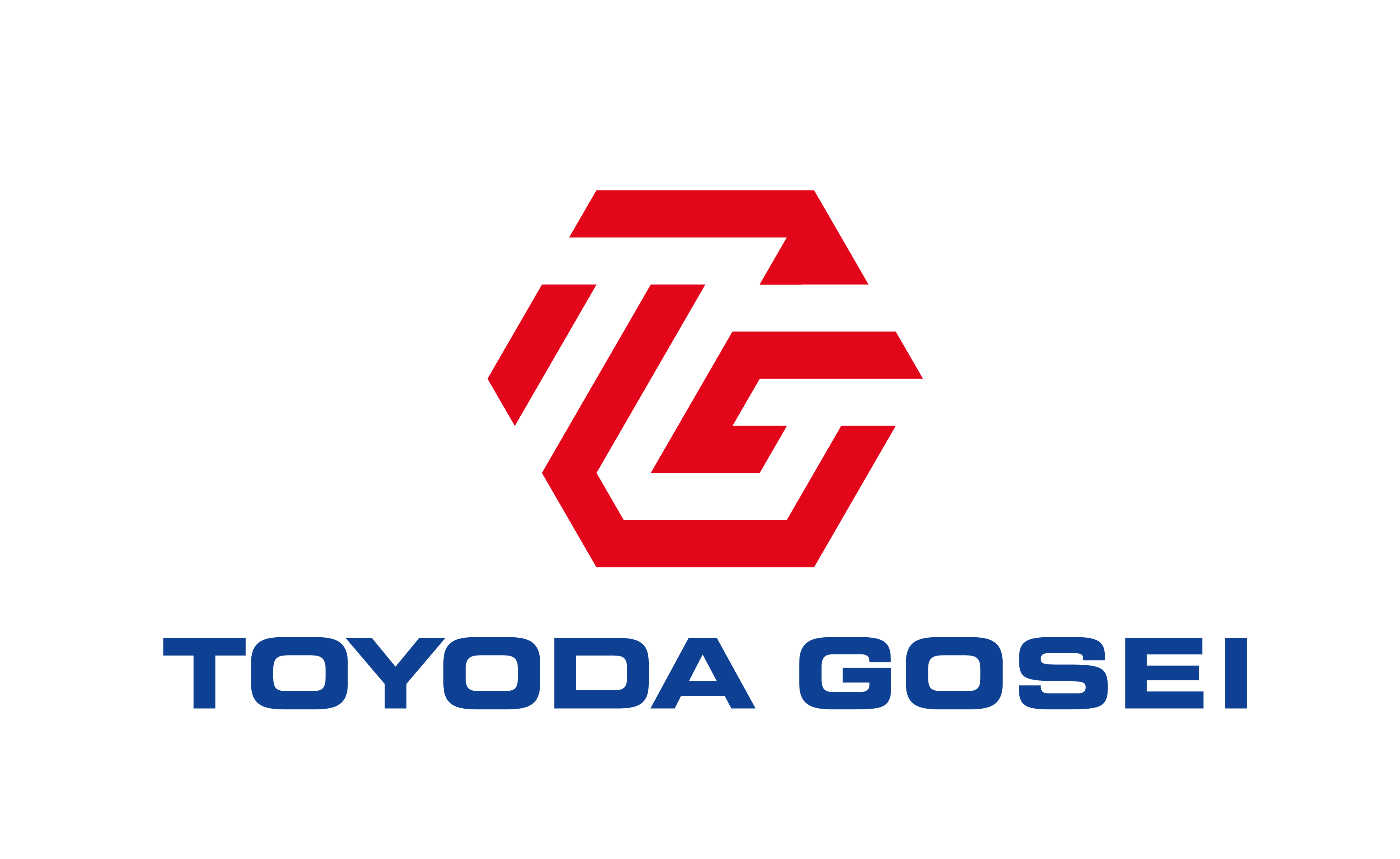Javascript is disabled
Javascript seems to be disabled. This will break some core site features. Please enable javascript or revisit this site from another device.
The Isamu Akasaki Memorial award and lecture
Isamu Akasaki Memorial Award and Lecture, sponsored by Toyoda Gosei is awarded to Professor Asif Khan, Distinguished Professor at the University of South Carolina, in recognition of his pioneering and lifelong contributions to the advancement of low-pressure metalorganic chemical vapor deposition (MOCVD) of AlGaN and the field of polarization-engineered electronics. His groundbreaking work includes the first demonstration of polarization-induced two-dimensional electron gas (2DEG), the development of the first GaN high-electron-mobility transistor (HEMT) and the realization of high-performance AlGaN-based deep ultraviolet LEDs achievements that have fundamentally shaped the landscape of III Nitride semiconductor technology and industry.

Professor Khan is a Carolina Distinguished Professor in the department of Electrical Engineering at the University of South Carolina (UofSC). Prior to joining UofSC in 1997, he worked at Honeywell Research Center (1979-1984), Minnesota Manufacturing and Mining Company (3M) (1984-1986), and APA Optics (1987-1997). He obtained his PhD from MIT in 1979. From 1980 till now his research has focused on the development of III-Nitride Materials, and Electronic/Optoelectronic Devices. Prof. Khan’s research groups over the past 45 years have been pioneers in the development of III-Nitride Electronics and Optoelectronics. They were the first to demonstrate all the key building blocks for GaN power and rf-electronics including the GaN-AlGaN high Electron Mobility Transistor (HEMT), which is now been commercialized by major industries for Electric Vehicles and other control applications. His research group at South Carolina was also the first to fabricate milliwatt power AlGaN Multiple Quantum Well UVC LEDs. He was a founding member of SETI and Nitek Inc., two small South Carolina businesses which produced and commercialized these UVC LEDs. More recently Prof. Khan’s research group has focused on the development of Extreme Bandgap AlGaN channel HEMTs for high voltage/high-power electronics. Prof. Khan received the inaugural IEEE Les Eastman Award in 2020, South Carolina Governor’s Award of Excellence in Science and Technology (2015), the best research paper awards of the Japanese Society of Applied Physics (2004 and 2006), DARPA SUVOS Award for UVC LEDs (2003), and is a Fellow of IEEE since 2006. He has published over 420 research papers and holds over 50 US/International patents.
To mark the 30 year anniversary of ICNS history, the chairs of ICNS-15 introduce the Isamu Akasaki Memorial Award and Lecture
Purpose
To recognize outstanding individuals in the area of III Nitride semiconductors research and innovation. The award is given to a member of our community who has made pioneering, life-long contributions to the developments, applications, and/or dissemination/education in the field of III-Nitride semiconductors. The lecture may reflect the winner’s life-time achievements and inspire future generations of scientists and educators in the fields of III-Nitride Semiconductors.
- The award consists of a certificate and a monetary prize of 10 000 USD.
- The 2025 Isamu Akasaki Award is kindly sponsored by Toyoda Gosei.
- The winner shall receive the award at the award ceremony and present an invited honorary lecture at ICNS-15.
Nominations
- The nomination should contain a cover letter, up to 2-page description of the contribution to the field for which the candidate shall be considered, one or more letters of support from colleagues in the field (optional), and a link to the list of the candidate’s publications, and/or other relevant achievements.
- Nominations for the award should be submitted to the Chairs of the Award Committee, Prof. Bernard Gil and Prof. Asif Khan (info@icns15.com) no later than March 23rd, 2025. Subject of the mail should be “Akasaki Award nomination”.
- Nominations can be made by any member of the III Nitride research community. Self nominations will not be accepted.
- The award winner will be informed by May 10th, 2025.
Conflict of interest
- If there is a conflict of interest (e.g., nomination, endorsement, etc.), the individual must recuse themselves from the Award committee.
